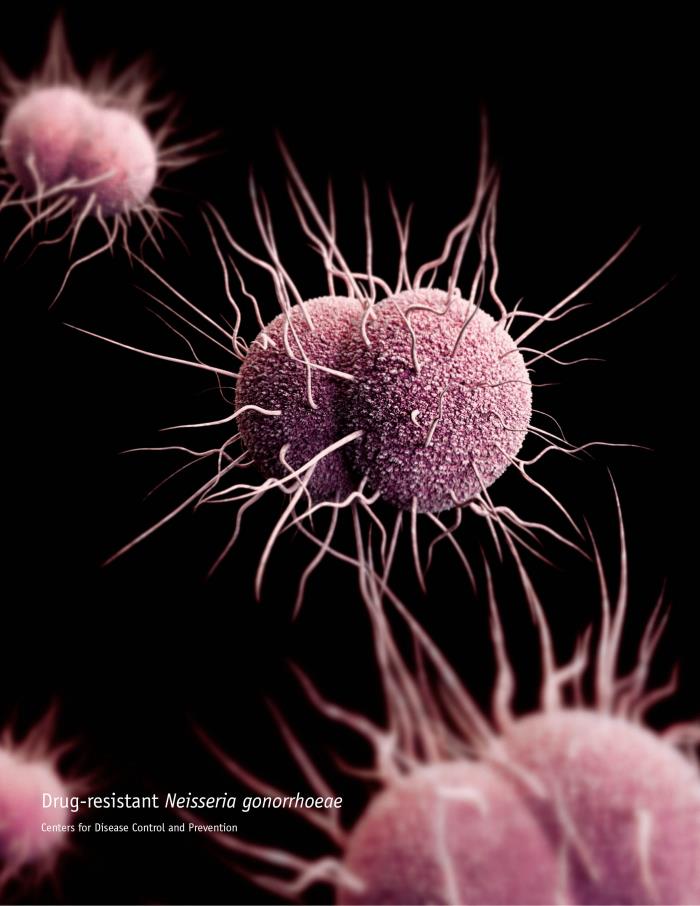 Antibiotic-resistant bacteria are the germs that don’t respond to the drugs developed to kill them. Such germs threaten to return us to the time when people used to die from simple infections. Today, antibiotic-resistant bacteria cause at least two million illnesses and 23,000 deaths every year in the United States.
Antibiotic-resistant bacteria are the germs that don’t respond to the drugs developed to kill them. Such germs threaten to return us to the time when people used to die from simple infections. Today, antibiotic-resistant bacteria cause at least two million illnesses and 23,000 deaths every year in the United States.
High levels of antibiotic resistance have been found in all regions of the world. Detecting, preventing, and controlling drug resistance requires coordinated efforts from all countries. To support the US National Strategy to Combat Antibiotic Resistant Bacteria, CDC leaders are meeting with global health leaders at the United Nations General Assembly to reinforce the importance of continued global action to fight drug resistance due to its potentially devastating impact on people and its threat to sustainable development goals, modern medicine, and food security.
Our Healthcare-Associated Infection Program is joining the global conversation by increasing awareness about antibiotic resistant bacteria. Everyone is invited to join the global conversation by sharing their experiences on how you/your organization is joining this global fight using the hashtag #CombatingAMR. For more information about antimicrobial resistance internationally and CDC’s effort to combat it, visit the CDC website.











